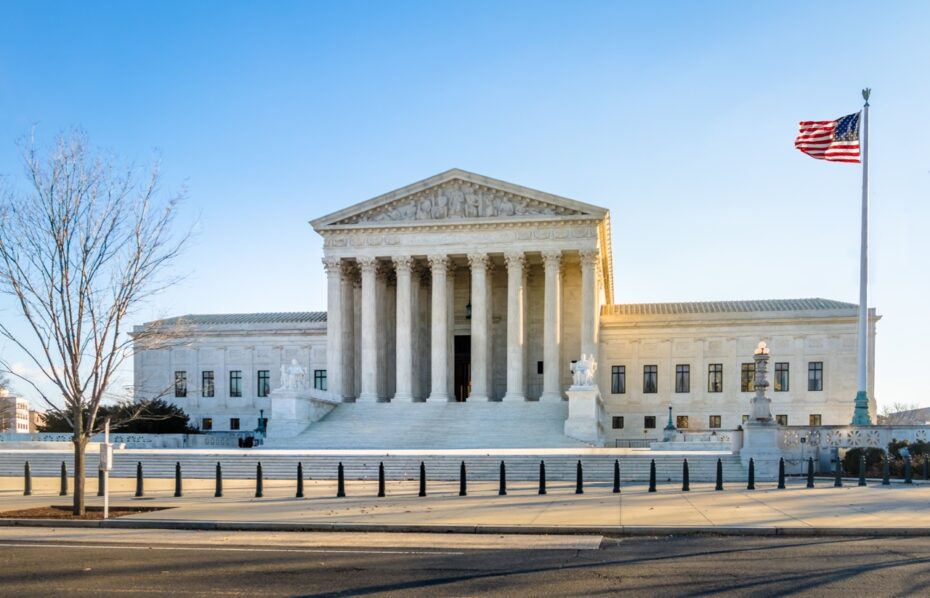The Coalition of Large Tribes joined an amicus brief to the US Supreme Court, led by the National Indigenous Women’s Resource Center, that was filed with the U.S. Supreme Court yesterday. It is available for download as PDF, and you can view a summary of arguments below.
Summary of Arguments
Native women are more likely to be victimized by domestic violence than any other population in the United States. Section 922(g)(8) provides Native victims of domestic violence with critical protections. Specifically, when a Native woman goes to her Tribal Court and secures a protective order, § 922(g)(8) makes it illegal for her abuser to access a firearm. This is a statute that saves lives.
The Fifth Circuit’s conclusion that § 922(g)(8), on its face, violates the Second Amendment is erroneous. As Petitioner and other Amici’s arguments demonstrate,§ 922(g)(8)’s firearm regulation falls well within the scope of historic regulations that prohibited dangerous individuals from accessing firearms. The NIWRCAmici write to further articulate how, in the context of Tribal Court protective orders, § 922(g)(8) serves to effectuate the United States’ treaty trust duty and responsibility to safeguard the lives of Native women, as well as United States federal Indian policy at the time of the Fourteenth Amendment’s adoption.
The Second Amendment was created, in part, to federally endorse the right of Americans to access and use firearms to kill Indians. But the federal government’s relationship with Tribal Nations and intent in this regard evolved over time. By the time the United States ratified the Fourteenth Amendment, the United States had shifted its policy away from encouraging individual American citizens to actively participate in the genocide against Indians, and was instead signing treaties with Tribal Nations guaranteeing these Nations, and their citizens, a right to be free from “bad men.”
Section 922(g)(8)’s firearm prohibition, therefore, sits well within the scope of the United States’ treaty trust duty and responsibility to protect the lives of Native women. Furthermore, the NIWRC Amici’s firsthand experience with the provision of protective orders in Tribal Courts demonstrates that these orders are not granted indiscriminately or without a court’s careful consideration.
If anything, protective orders are currently too difficult for victims to obtain—but that is a policy issue discussion for another day. At a minimum, the concurrence to the Fifth Circuit’s decision makes assumptions and reaches conclusions that are not tethered to evidence of any actual practice. The NIWRCAmici explain below that § 922(g)(8) disarms individuals who abuse Native women—it does not disarm victims. When it comes to safeguarding the lives of Native victims, § 922(g)(8) is a critical tool that Tribal Nations cannot afford to lose.
The Tribal Nations and tribal organizations filing this brief do not take these issues lightly. In addition to signing numerous treaties that contain “bad man” provisions, many Tribal Nations have signed treaties that protect and preserve the rights of tribal citizens to use firearms to hunt. Many of the tribal populations represented in the filing of this brief rely on subsistence hunting to feed their families. Hunting has always been, and always will be, a significant aspect of Native life and culture. But that is a consideration for Tribal Nations to face in creating the laws and policies that govern the provision of protective orders in Tribal Courts. For Tribal Nations, supporting the constitutional right of tribal citizens to practice their hunting rights does not require sacrificing the lives of Native victims to firearm homicide. There can be balance. And § 922(g)(8) sits well within that balance.

